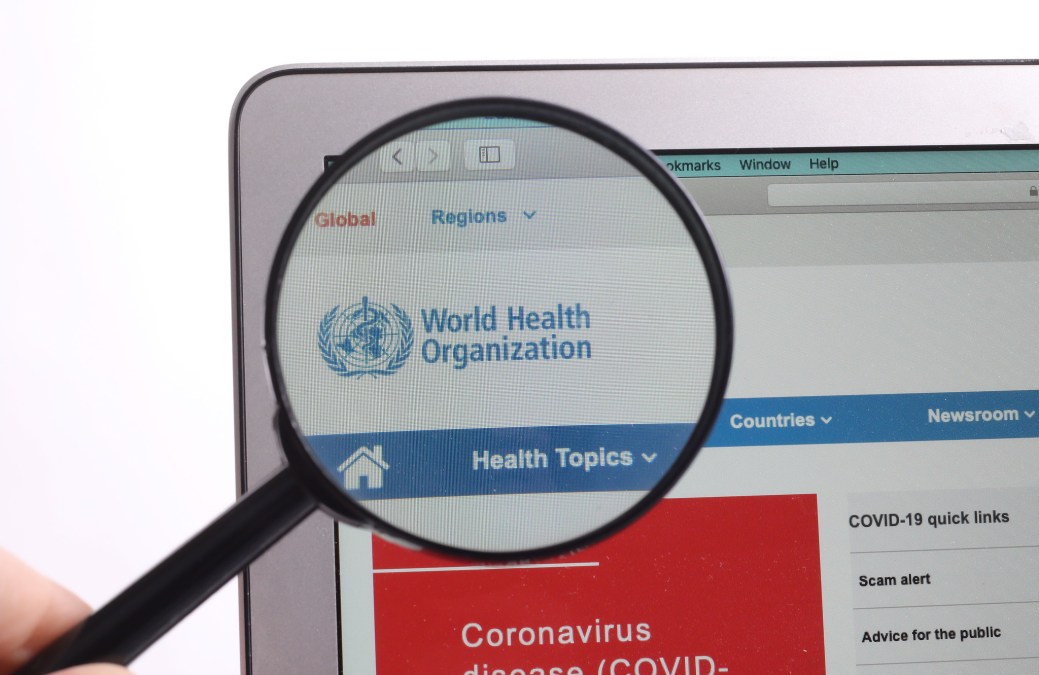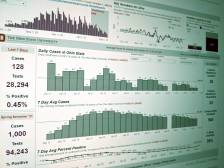U. Illinois students help WHO build COVID-19 analytics tools

Students at the University of Illinois have partnered with the World Heath Organization and the software project management company EduSourced to create data analytics tools to help international health organizations make fast decisions using COVID-19 data, the company announced Thursday.
A new initiative, called the Center for Health Informatics Mobilizing Experts, will help WHO’s regional offices make data-supported decisions about social distancing or quarantine recommendations, as well as identify regions in need of medical supplies and other resources. Organizers said it will also give students a unique opportunity to apply their skills in technology and data, while helping to fight the coronavirus.
“We are matching students with skills on the technical side, data-science side, with WHO and health agencies that really need help responding to COVID,” Ian Brooks, director of the Center for Health Informatics at University of Illinois, told EdScoop.
Many WHO health agencies are chronically understaffed and underfunded, Brooks said, so by involving students in these data projects, the organizations are able to stay better informed and make decisions much faster.
More than 30 student volunteers from the University of Illinois have spent several weeks, he said, working with WHO offices around North and South America. The work has involved analyzing the capabilities of their information systems and identify ways to improve them to help with public health decisions. Students are now beginning work on solutions for eight of those heath organizations to better manage COVID-19 data.
For one of the projects, students are building a web portal that pulls in real-time data from clinics, hospitals and health agencies to create a comprehensive view of what’s going on, including how many people might be sick, virus hot spots and areas that need supplies. This information can then be used by health officials to make recommendations for resources allocation, health regulations and to support requests for increased funding from donors and governments.
Students are also creating analytics tools to gather data from social media conversations about COVID-19 to gain further insight into people’s needs surrounding COVID-19.
All of these projects aim to support and improve data-focused decision making for health organizations, Brooks said, while the students are gaining valuable knowledge from working on a real-world project.
“They are getting experienced dealing with the messiness of data,” Brooks said, adding that they’re also learning how to communicate with a team and with partner organizations.
But by using the EduSourced software — which provides a single repository for all project activity, including communication, project reports and learning outcomes — students, faculty, and the health organization partners have been able to collaborate on projects and begin work on implementing solutions quickly, Brooks said.
“We did not want to spend a lot of time, either developing a system to manage it, or even spend a lot of time customizing,” he said.




